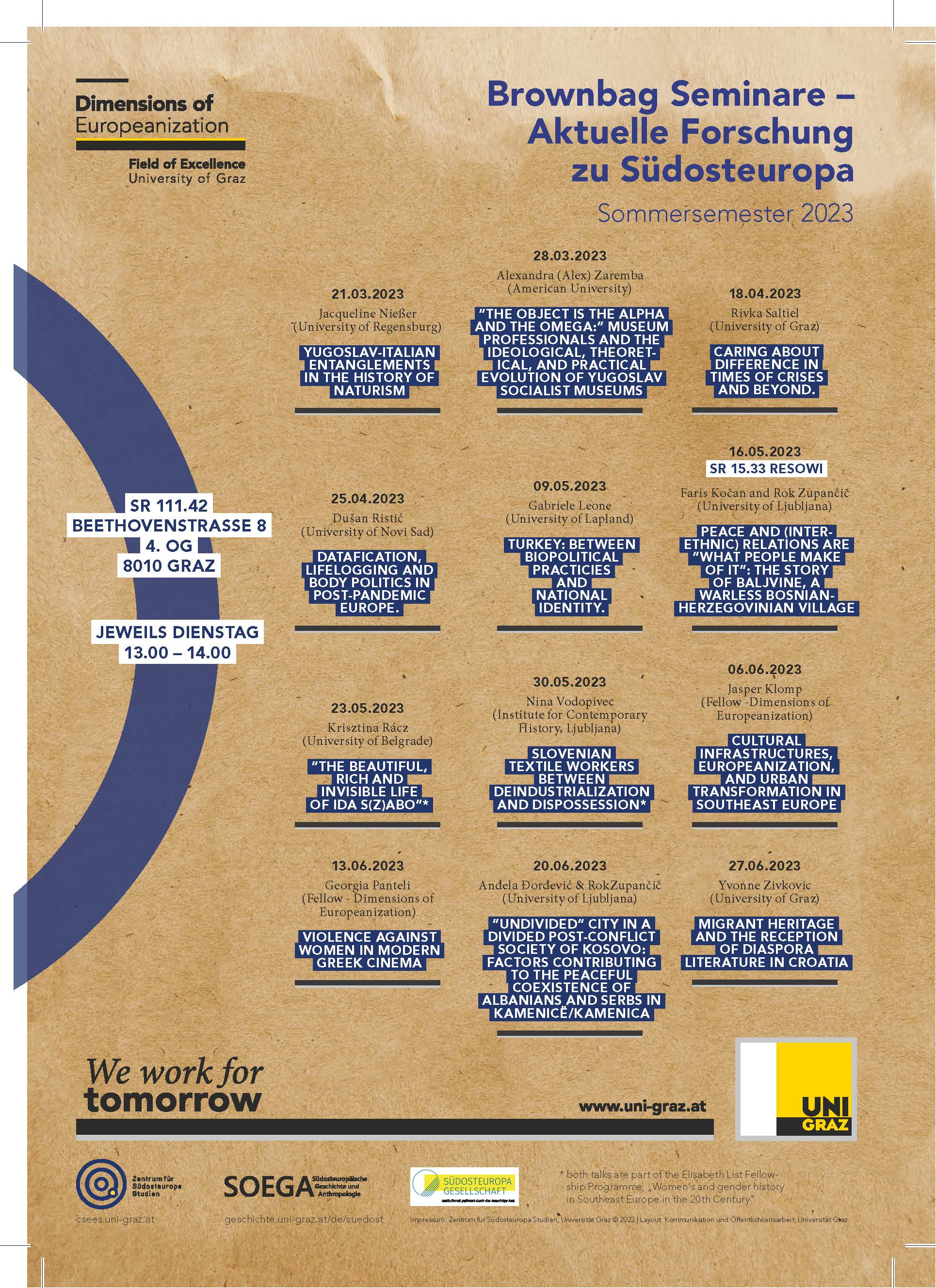In this paper, we analyze the dynamics of (interethnic) relations in Baljvine, a multi-ethnic village in Bosnia and Herzegovina (BiH), which managed to avoid large-scale violence that otherwise marked most of the BiH during the last war. Drawing on the structural factors that both underpin and reflect upon the dynamics of (interethnic) relations in post-conflict societies (i.e., political, socioeconomic, spatial, historical, and cultural factors), our aim is to explain the reasons why and how imminent inter-ethnic bloodshed was prevented in Baljvine. To do this, we rely on observational research, combining the survey method (N=46) and participant observation to highlight the phenomenon of Baljvine from the perspective of villagers; the latter being not only how they understand the fact that large-scale violence has not taken place in this community during the 1992-95 War, but also about their perceptions on the reasons that enabled Baljvine to remain the ”village of peace“ after the war. This paper thus seeks to empirically advance the research agenda on post-conflict societies by paving the way towards (re)thinking the structural factors not only as a framework that generates and sustains divisions along ethnic lines on which the current scholarship is abundant, but rather also as a framework that is able to prevent bloodshed.
